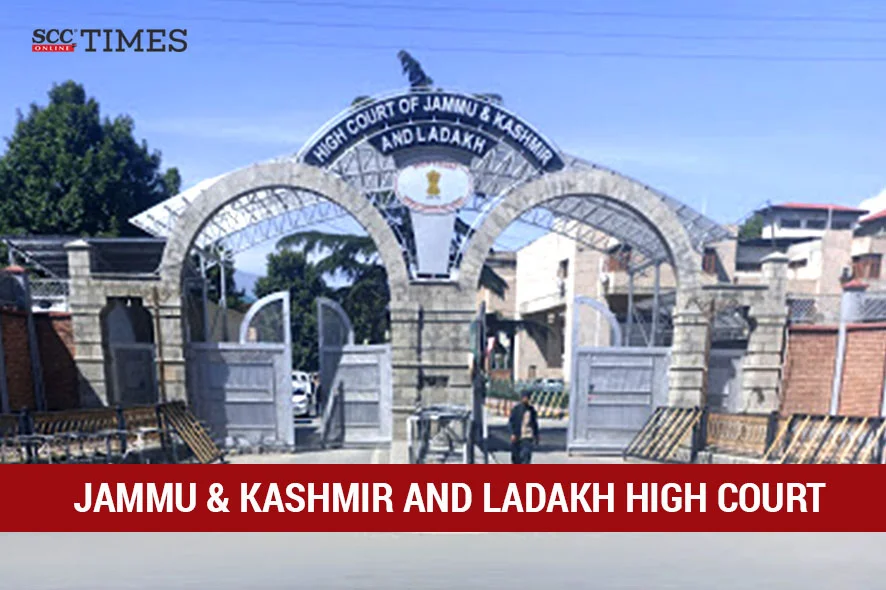Jammu & Kashmir and Ladakh High Court: While deciding a bail application, a single-judge bench of Sanjay Dhar, J., highlighted the need for sensitivity and accuracy in judicial proceedings, thereby ensuring justice aligns with the fundamental rights of individuals.
In the instant matter, the petitioner sought bail in connection with FIR for alleged offences under Sections 451, 376, 511, 354, and 506 of the Ranbir Penal Code (RPC), registered at Police Station, Aishmuqam. The prosecutrix alleged that on the night of December 5-6, 2018, the petitioner trespassed into her house, assaulted her, attempted sexual assault, dragged her by the hair, and threatened her life.
Following the complaint, the petitioner was charged under Sections 451, 376, 511, 354, and 506 of RPC. The prosecutrix reiterated these allegations in her statement under Section 164 of the Criminal Procedure Code, 1973 (CrPC). The charge sheet was filed on 29-11-2021, and charges were framed against the petitioner on 10-07-2024. At the time of filing the charge sheet, the petitioner was in custody for offences under the NDPS Act in a separate FIR. Upon securing bail in the NDPS case, the petitioner applied for bail in the current case on 12-07-2024, which was rejected by the trial court on 02-09-2024.
The petitioner contended that the trial court erroneously dismissed the bail application, treating the charge as one of rape rather than an attempt to rape. It was contended that during her testimony on 14-10-2024, the prosecutrix contradicted her earlier statements, denying any attempted rape and attributing the incident to a family dispute. It was argued that given this inconsistency and the lesser gravity of the alleged offence, the petitioner is entitled to the bail.
However, the respondents contended that the petitioner committed a serious offence against societal values, rendering him unfit for bail. It was contended that the petitioner’s history of involvement in NDPS offences highlights his criminal antecedents. It was further contended that there is a likelihood of tampering with evidence or influencing witnesses if the petitioner was released.
The Court noted that the prosecutrix’s statement contradicted her initial allegations, suggesting that the petitioner did not attempt rape, instead attributing the incident to a family dispute. The Court stated that at best, the petitioner might be guilty of criminal trespass, which is not a heinous offence.
The Court emphasised on established principles for granting bail, including prima facie evidence, nature of charges, severity of punishment, risk of absconding, and potential witness tampering.
“While considering the bail application of a person who is in custody, a Court is expected to be alive to the fact that it is dealing with the life and liberty of an individual.”
The Court criticised the trial court for deciding the bail application on the basis of facts of some other case. The Court noted that the present case “clearly reflects absolute non-application of mind and casual approach on the part of the trial court.”
The Court advised the Criminal courts to avoid mechanical adjudication and the “copy-paste syndrome,” and urged for the careful scrutiny of facts in bail matters. The Court admonished trial courts to ensure diligence and sensitivity in handling bail applications, avoiding mechanical judgments that could violate an individual’s right to liberty.
The Court granted bail to the petitioner subject to furnishing a bond of ₹25,000/- with one surety and any conditions imposed by the trial court.
[Umar Bashir Khan v. UT of J&K, 2024 SCC OnLine J&K 1001, Decided on 24-12-2024]
Advocates who appeared in this case :
Mr. Syed Irfan Masoodi, Counsel for the Petitioner
Mr. Mubashir Majid Malik, Dy. AG, Counsel for the Respondents







